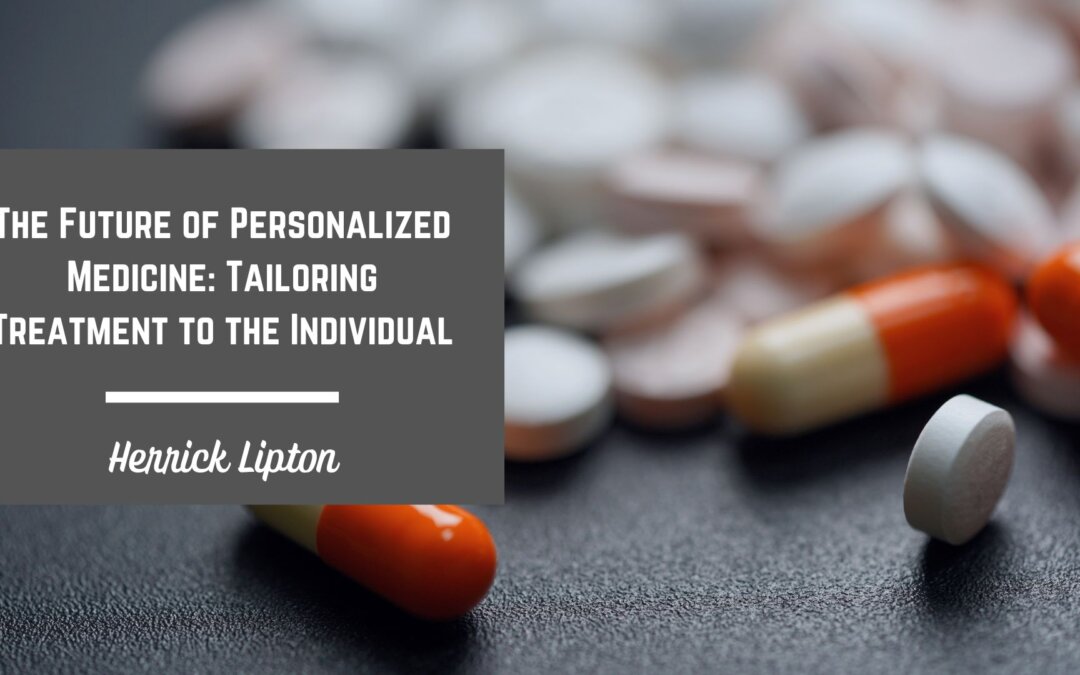Personalized medicine represents a transformative shift in healthcare, moving away from the one-size-fits-all approach to a more tailored treatment strategy. This burgeoning field promises to optimize healthcare by customizing treatment plans to each individual’s unique genetic makeup, lifestyle, and environmental factors.
Genetic Insights and Targeted Therapies
Advancements in genomics have been the cornerstone of personalized medicine. Genetic testing allows healthcare providers to identify specific genetic mutations and tailor treatments accordingly. This is particularly evident in cancer treatment, where targeted therapies are selected based on the genetic profile of a tumor.
Data-Driven Healthcare
The explosion of big data and AI in healthcare enables more precise and predictive medicine. Healthcare providers can identify patterns and tailor treatments to individual risk factors and health profiles by analyzing vast datasets.
Wearable Technology and Real-Time Monitoring
Wearable technology plays a pivotal role in personalized medicine. These devices provide continuous health monitoring, offering real-time data to inform personalized treatment and lifestyle adjustments.
Pharmacogenomics
Pharmacogenomics, which studies how an individual’s genes influence their response to medication, is a crucial aspect of personalized medicine. This approach can significantly reduce trial-and-error prescribing, leading to more effective and safer drug therapies.
Challenges and Ethical Considerations
While personalized medicine offers numerous benefits, it also presents challenges, including ethical concerns around genetic privacy and data security and the potential for health disparities due to unequal access to advanced technologies.
The Future Outlook
The potential of personalized medicine continues to expand with ongoing research and technological advancements. It promises a new era of healthcare where treatments are more effective, side effects are minimized, and preventive strategies are tailored to individual risk factors.
Personalized medicine will transform healthcare by providing customized treatments based on each individual’s unique genetic and environmental factors. As we embrace this new era, it promises to improve outcomes, enhance patient satisfaction, and reduce healthcare costs.
